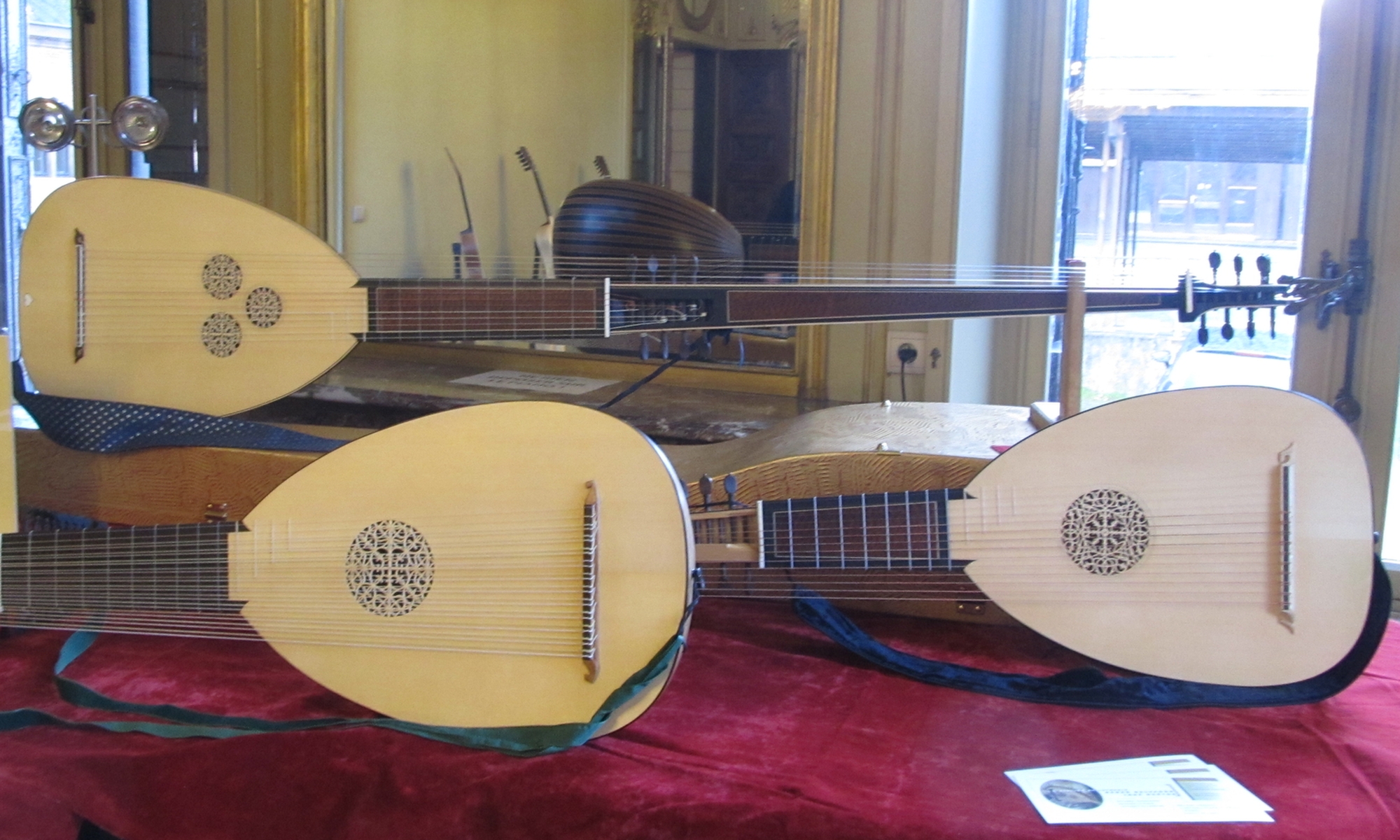
The association of Denis Gaultier with Apollo in a 17th c. lute manuscript is not as audacious as it might at first appear: the lutenist was held in great esteem by his contemporaries; indeed, for many he was the embodiment of genius on the lute, the “nonpareil”, and one of the very few capable of “speaking” to his listeners.
At first glance, his compositions seem little different from those of his collegues, but further examination reveals a sophistication unparalleled in any other lute music of the period. One is immediately struck by the economy of the writing, in which no note is superfluous and the musical structure reduced to its essence. This minimalist approach is even more apparent in later, published versions which show subtle traces of revision.
Denis Gaultier exploited the instrument to the full, and in doing so take the art of lute-playing to a realm undreamt of by elder colleagues. His music placed great demands on the lutenist, lute and listener alike for, knowing what could be achieved, Gaultier chose to push the instrument to its limits, and everyone else along with it.
